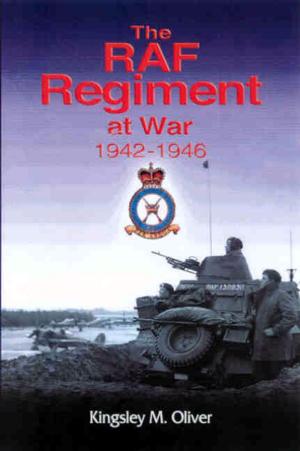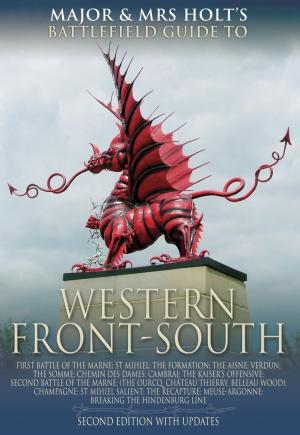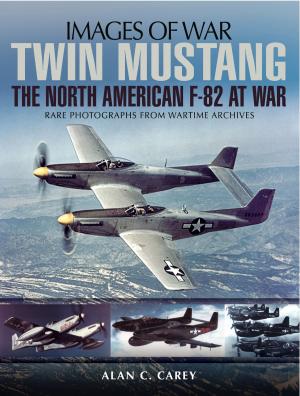Great Western Halls and Modified Halls
Nonfiction, Reference & Language, Transportation, Railroads, History, British| Author: | Laurence Waters | ISBN: | 9781473830103 |
| Publisher: | Pen and Sword | Publication: | August 31, 2015 |
| Imprint: | Pen and Sword History | Language: | English |
| Author: | Laurence Waters |
| ISBN: | 9781473830103 |
| Publisher: | Pen and Sword |
| Publication: | August 31, 2015 |
| Imprint: | Pen and Sword History |
| Language: | English |
The gradual growth of the railways in Britain during the late nineteenth and early twentieth centuries, in both passenger and freight traffic, saw the requirement for a more powerful and versatile type of motive power – mixed traffic locomotives. The construction of Great Western Halls and Modified Halls gave the Great Western a superb all round locomotive, and for thirty-six years they operated passenger and freight services over the Great Western, and later Western Region.
The Hall class were among the largest mixed traffic steam locomotives that ran throughout this country, and this is the first serious volume to focus on them in fifty years. The book charts the history of both classes, from their construction and withdrawal, to their design, development and eventual scrapping. With over 200 black and white, and colour photographs, accompanied by informative captions, each member of the classes is excellently illustrated. It will appeal greatly to those interested in the history of Great Western Locomotive development.
The gradual growth of the railways in Britain during the late nineteenth and early twentieth centuries, in both passenger and freight traffic, saw the requirement for a more powerful and versatile type of motive power – mixed traffic locomotives. The construction of Great Western Halls and Modified Halls gave the Great Western a superb all round locomotive, and for thirty-six years they operated passenger and freight services over the Great Western, and later Western Region.
The Hall class were among the largest mixed traffic steam locomotives that ran throughout this country, and this is the first serious volume to focus on them in fifty years. The book charts the history of both classes, from their construction and withdrawal, to their design, development and eventual scrapping. With over 200 black and white, and colour photographs, accompanied by informative captions, each member of the classes is excellently illustrated. It will appeal greatly to those interested in the history of Great Western Locomotive development.















